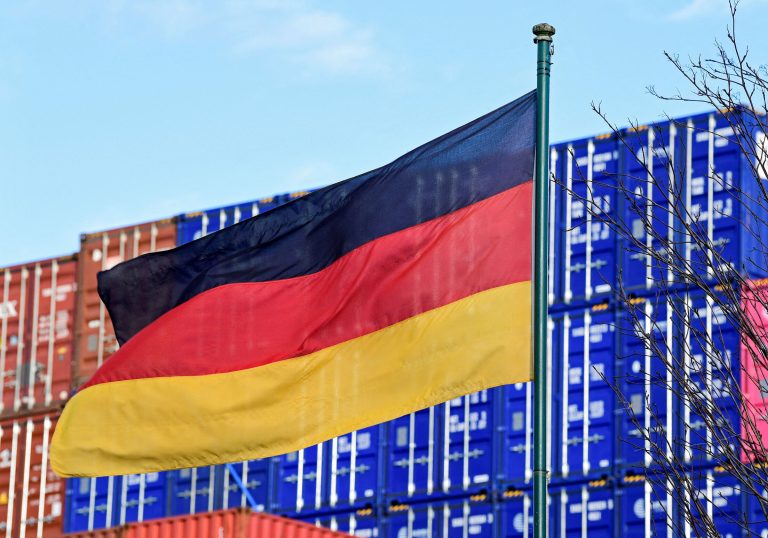The “DIHK”, German chambers of commerce and industry, said on Thursday (May 23) the country’s long-awaited economic recovery is not materializing, and Germany (euro zone’s largest economy) will stagnate during the year.
Germany — the largest economy in the EU — is set to stagnate over the course of the next 12 months, according to a survey by the German Chamber of Commerce and Industry (DIHK).
The survey, conducted among 24,000 companies from all sectors and regions, shows that the hopes for an economic recovery have yet to be fulfilled, according to the DIHK’s results, which were published on May 23 (Tuesday).
The forecast was, however, more optimistic than at the start of the year, when the DIHK expected a 0.5 percent contraction, and private consumption to support the economy this year, growing by 1.0 percent, as inflation eases to 2.3 percent from 5.9 percent in 2023.
DIHK Managing Director Martin Wansleben said at the presentation of the survey: “The current situation of companies is poor, and even bad in industry.”
Success
You are now signed up for our newsletter
Success
Check your email to complete sign up
“Expectations do not show a strong upward trend,” he added.
- Yellen Warns German Banks to Comply With US Sanctions on Russia
- German Economy Shrinks for the Second Quarter in a Row Amidst a Slew of Challenges
- German Economy Likely Already in a Recession, Will Last Three Quarters: Reuters Poll
Of the companies surveyed, 28 percent reported a good current situation in the spring, and 23 percent reported a negative one. “It is particularly worrying that the situation in industry has deteriorated since the beginning of the year and thus remains negative,” Wansleben said in Berlin.
However, business expectations are brightening somewhat, with 26 percent of companies with negative expectations, while in the previous survey the figure was 35 percent.
The DIHK sentiment index currently shows a below-average value of 97.2. “That’s a little better than at the beginning of the year. But there are still more pessimists than optimists,” said Wansleben.
Export expectations remain subdued. Of the companies surveyed 26 percent expect exports to fall in the next twelve months, while 21 percent expect them to increase. The DIHK also predicts a stagnation in exports this year, after it fell by 2.2 percent in 2023.
Wansleben said companies’ willingness to invest remains weak, and the level of investment like it was before the period of the coronavirus crisis, hasn’t been reached yet.
In the survey, 24 percent of the companies said they expect higher investments, but 31 percent said they expected them to decrease.
The companies surveyed currently identify weak domestic demand as the greatest business risk. This was mentioned by 55 percent of the companies.
The survey showed this was followed by high energy and raw material costs, as well as a shortage of skilled workers.
Reuters contributed to this report.






